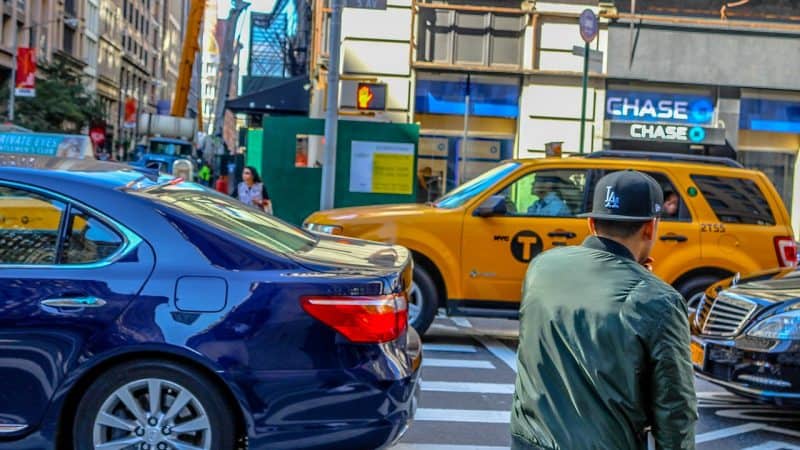Uberocracy: How the Sharing Economy Changes Politics
New York City Mayor Bill DeBlasio’s proposal to control Uber’s growth this summer was met with fierce opposition from all angles. Tweets, Facebook posts, emails, and even a call to action from Ashton Kutcher (early Uber investor) poured in against DeBlasio. Uber challenged the mayor to a public debate. Uber even implemented a slight iteration in their app for users in the NYC region.
Complaints against the mayor and mockery of him and his proposal poured in from all across the globe.
In short: people were peeved. Peeved over a transportation regulation.
And this isn’t the first time that Uber has riled up the citizenry. The ride-sharing company is well-known for sending out emails to users in states and cities threatening to regulate it out of existence.
Uber is so obviously a good thing that you can measure how corrupt cities are by how hard they try to suppress it.
— Paul Graham (@paulg) July 9, 2012
Cities, counties, and states — lobbied heavily by taxi companies looking to lose a lot with the rise of Uber, Lyft, and Sidecar — are wont to regulate the ride-sharing services. Whether it be with explicit bans on the service or with tiresome licensing regulations, local governments have gone up against the tech startups time and time again.
And they continue to lose.
Rationally Ignorant
How can this be? Free market think tanks and policy groups have been working for decades to deregulate the taxi industry. It has been shown by economists and policy-wonks alike that taxi and transportation regulations do more harm than good, hurt the people they are supposed to help, and are ultimately the devices of taxi companies looking to stamp out competition.















4 Comments
Anonymous man
Hello, this is the comment
Anonymous woman
We are happy
The comments are working correctly
Thanks God
Anonymous child
The comments looks beautiful
Bnabuhk
Testing Testing